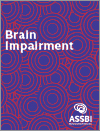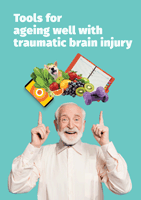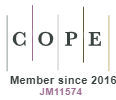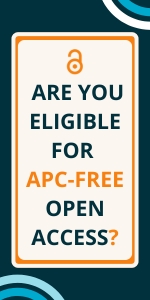IB25028Co-designing a framework for evaluation of assistive technology: learning from people with acquired brain injury and the assistive technology advisors they engage
This paper describes a six-stage co-design process drawing on a co-design group made up of people with acquired brain injury, practicing health professionals and researchers, and injury and disability insurers. This work was coupled with large stakeholder engagement across three online health professional workshops and one in-person workshop. The resulting co-produced Framework for Evaluation of Assistive Technology is now available for use by health professionals and people with acquired brain injury via a free website, called My Technology Space.
This article belongs to the collection: Collaboration, Co-production, & Co-design: Moving Ahead in Brain Impairment.
IB25028 Abstract | IB25028 Full Text | IB25028PDF (799 KB) Open Access Article






